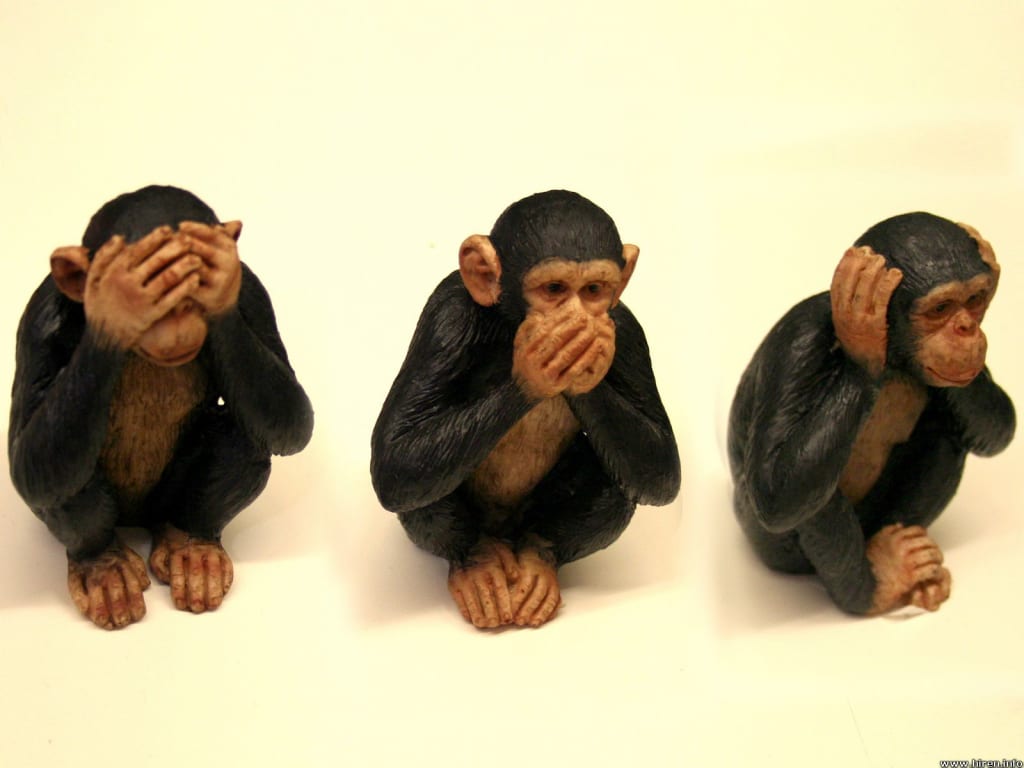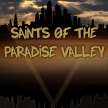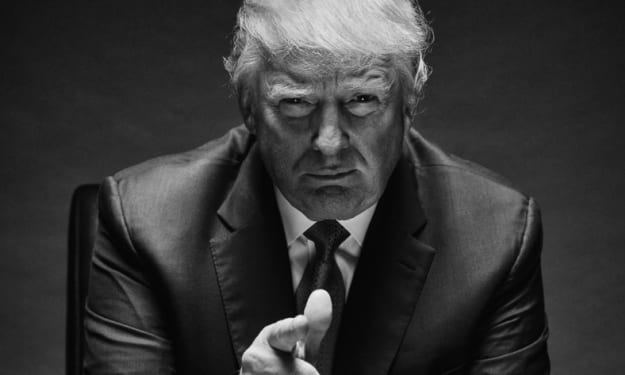What’s in a “Snowflake?”
Taking a good hard look at call-out culture and the reasons we are "offended"

PC Culture — it’s one of the hottest new terms of the last decade. And depending on who you are, it likely evokes a very different reaction within you just hearing it said aloud. But what does it mean and how does it play a role in the way we organize our society?
PC or "political correctness" is defined as a term used to describe language, policies, or measures that are intended to avoid offense or disadvantage to members of particular groups in society. PC Culture, as it follows, then goes on to reflect the way this concept is shaping and governing how we speak and interact with other members of society.
In a derogatory manner, you’ll often hear the term "PC Culture" used by those on the right side of the political spectrum in tandem with a variety of other rebranded words or phrases: "snowflake," "offended," or "trigger warning." These words tend to emphasize the negative traits of those who oblige by such conventions and highlight things such as over-sensitivity, fragility, or weakness.
But in more recent years, the left has been pushing back against this notion more boldly and even presenting a new suggestion that those on the right wing are not immune to the phenomenon of being offended — but simply that the things right wingers get "triggered" by differ from that which offends the left.

In all actuality, you would be pretty hard-pressed to find a human being who doesn’t get offended by at least some things. And oftentimes, these things are deeply personal to us.
Perhaps the question we should be posing isn’t “who is more easily offended - liberals or conservatives”; it’s “what makes us as a species struggle to cope with things that we disagree with?”
And the answer to that question lies within our individual world views — that is, what lens we see the world through and what shapes our personal, ethical, and moral boundaries surrounding what is right and wrong.
Let’s break it down.
On the left, rightly so, this pertains to matters of social justice — treating others with fairness and kindness to the best of our abilities. If you hear a slur that correlates with someone’s gender, their sexual orientation, or their race for instance, you might recognize that the use of this word is morally wrong and say something to correct the behaviour.
On the right, we see a more traditional narrative — one that epitomizes local cultures and family values. Oftentimes, this can be rooted in ideas such as religious fundamentalism, something instilled in many of us from birth.
In regards to the recent Don Cherry/Jess Allen fiasco, we can see both of these frustrations escalated seamlessly.
For those who are not Canadian or simply prefer to avoid the gossip column in the news, the scandal began when Canadian hockey guru, Don Cherry, used his platform to deliver some off-colour remarks that seemed pointed toward immigrants who refuse to wear a poppy in celebration of Remembrance Day, a day we honour our fallen veterans. Cherry was fired after public outrage but then shortly after, a gossip commenter by the name of Jess Allen spoke about the issue and delivered her own unappreciated comments, claiming that in her experiences, hockey players tended to be white boys and often bullies. Those upset with Cherry’s firing then called for Allen’s firing, touting a “double standard”. Allen was not fired.

So what’s the difference between the two scenarios?
The world of hockey is rooted in traditionalism (and of course unites an audience of Liberals and Conservatives alike). There are many positives to the world of sport that those who enjoy it will be quick to share with you - team building, confidence, sportsmanship, you name it. But to an outsider, those burgeoning youths who require sports in order to develop these skills can certainly leave a bad taste in the mouth. As far as “whiteness” goes, those who play hockey do tend to be a certain race based on the economic reality of the sport. Raising a hockey family can be expensive and those teens born into well-off families who have never struggled to overcome adversities such as race, gender, poverty, or sexual orientation can often showcase their privilege in the form of arrogance. But bear in mind that we're talking about teens with a limited world view.
Likewise, wearing a poppy has become a Canadian symbol of patriotism, respect, and devotion to our military heroes. And at the end of the day, it is a tradition. To one who’s worldview is unwavering in this regard, it can be seen as disrespectful to anyone who isn’t wearing a poppy while to others, symbols are just that — intangible representations of one’s support. Similarly, Don Cherry has become somewhat of a symbol himself — both of Canada and of hockey history so it should come as no surprise that many have jumped to his defense for being dismissed.
In both situations, that which upsets us tends to be the generalizations. That is, when someone who identifies with a particular group or tribe hears criticisms of that tribe that do not align with their own personal views, they experience a phenomenon of self-defense. This is known as cognitive dissonance and it is our brain’s means of protecting us from having inconsistent thoughts.
This is also what leads us into the realm of confirmation bias — our tendency to search for and interpret information that affirms our pre-existing world view.
Realities aside for a moment, in neither case are those who suffered from “offense” in either situation "wrong" to feel the way that they do — they are conditioned to protect themselves and others from that which they disagree with.
So we find ourselves to where we are now. And the cycle repeats time and time again only with different faces, symbols, slurs, traditions, etc.

As a species, we will always come across new events that challenge our world views. And calling each other “snowflakes” just for expressing our dissatisfaction will only continue to divide us. At the end of the day, nobody likes to feel called out for who they are or what they believe and whether that be right or wrong is subjective to who is passing judgment. But learning about how our actions affect others is a part of how we improve.
What is morally or ethically right to one person may not be for another. Of course, we are allowed to disagree — that’s what prompts growth and knowledge and how we come to new consensus about next steps — but, in this author’s opinion, we need to stop acting like children in how we engage with one another, particularly online, and quit acting like we are immune to the outrage we are so quick to shun others for experiencing.
Of course our lives would be easier if we didn’t ever have to think of others but empathy is a contract for living in a first world society. If you can’t accept those conditions, then perhaps living in a world surrounded by other people simply isn’t the right fit for you.
Did you like this article? Consider buying an electronic copy of my dystopian novel, Saints of the Paradise Valley and read how the technological revolution unfolds.
About the Creator
C.E. Zulin
Rockstar. Author. Blogger.
Fan of Dystopian Fiction like "The Hunger Games"? Check out "Saints of the Paradise Valley" at https://www.facebook.com/saintsoftheparadisevalley/






Comments
There are no comments for this story
Be the first to respond and start the conversation.